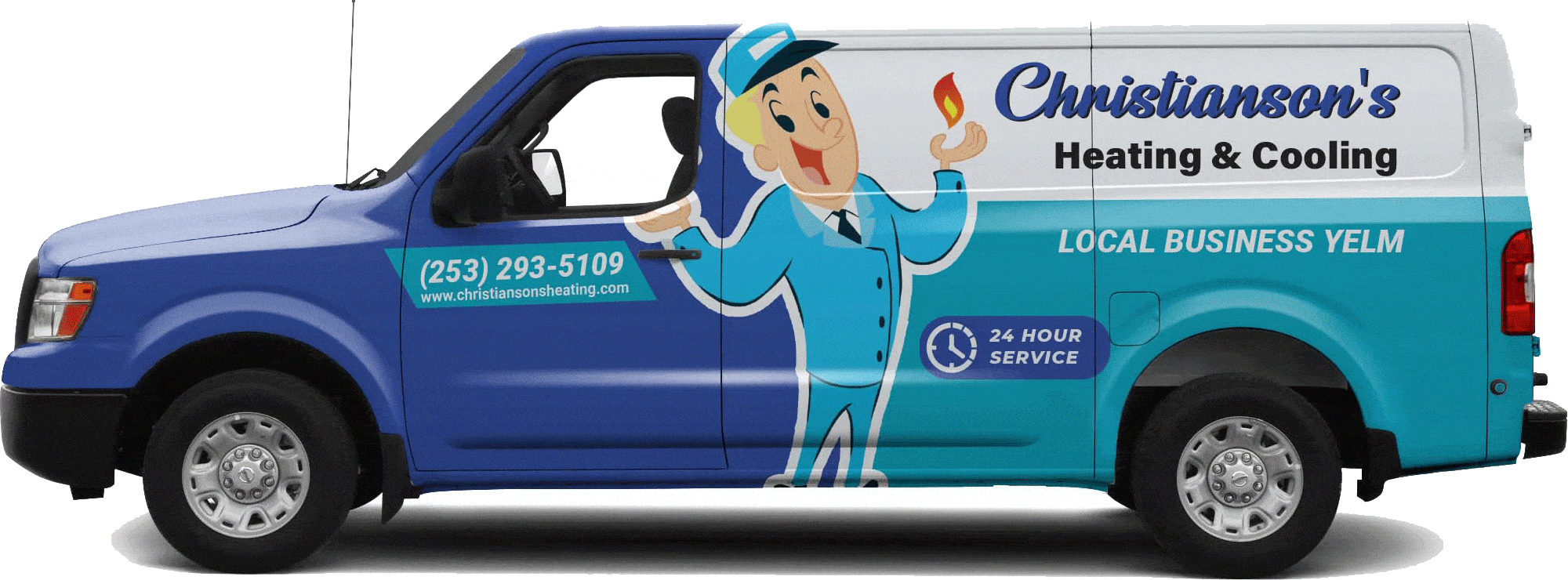High Efficiency Furnace Vs Regular Furnace
If you’re looking to replace your current furnace, consider a high efficiency model. These units are designed to conserve energy and deliver comfortable heat regardless of the weather. However, they can be more costly to install.
Although they may seem to be more expensive upfront, they can save you a lot of money in the long run. In fact, the federal government offers a $150 tax credit on a high-efficiency model. You can also qualify for rebates from your local utility provider.
High efficiency models use less gas and are more energy efficient. They usually exit through the roof or exterior wall of your home. Some may require a condensate pump or PVC drain line.
In order to determine the correct model for your home, you should consult with an HVAC consultant. It is important to know that a high-efficiency unit will not only save you money, but it will last longer.
There are many factors to consider when choosing a new furnace. The size of your home, the weather where you live, and your personal preference will all be taken into consideration.
For example, if you have a small home, a high-efficiency furnace probably is not the way to go. In fact, you’re better off sticking with the more cost effective 80% model.
If you have a larger home, you might want to invest in a high-efficiency model. Not only will it reduce your monthly gas bill, but it could pay for itself over time.



I respectfully disagree with the recommendation of high efficiency furnaces. I believe that the upfront cost and potential installation complications outweigh the long-term benefits.
Well, well, well, looks like it’s time for me to upgrade to a high efficiency furnace. Saving money and energy efficiency? Count me in!
I appreciate the detailed information about the benefits of high efficiency furnaces. It’s great to know that they can save money in the long run and are more energy efficient.
I agree! The long-term cost savings and potential tax credits make high efficiency furnaces a worthwhile investment.
The article provides valuable insights into the factors to consider when choosing a furnace. It’s important to weigh the pros and cons before making a decision.
Agree with Max, the article offers helpful information for homeowners considering a new furnace.
I agree, the size of the home and local weather conditions are crucial factors to consider when deciding on a furnace.
I found this article to be very informative and helpful in understanding the differences between high efficiency and regular furnaces. Thank you for sharing!
[…] instance, have a christianson’s technician inspect your furnace’s air filters on a regular basis. Dirty air filters can cause your furnace to work harder. You also need to check the Ignitor […]
[…] so much heat out of the exhaust gases that it will actually condense water vaper this is why high efficiency furnaces have pvc flues over metal […]
[…] To ensure that your heating system works properly, air must circulate freely throughout your house. Your furnace should be fully operational. It also means that your vents work properly and are clean. Are all the vents in your house open? Have they been adjusted to allow air flow freely and are there any furniture or boxes blocking the path? A blocked vent can slow down the furnace’s efficiency and cause it to be less efficient. […]
[…] can also clean the air and help to alleviate certain health concerns. In fact, a newer model of the furnace is more efficient than its predecessors. As you compare the various furnaces on the market, consider how much the […]
[…] rating. This number indicates how well your furnace converts fuel into heat. Higher AFUE furnaces are more energy efficient. Generally, these units have a corresponding higher price […]